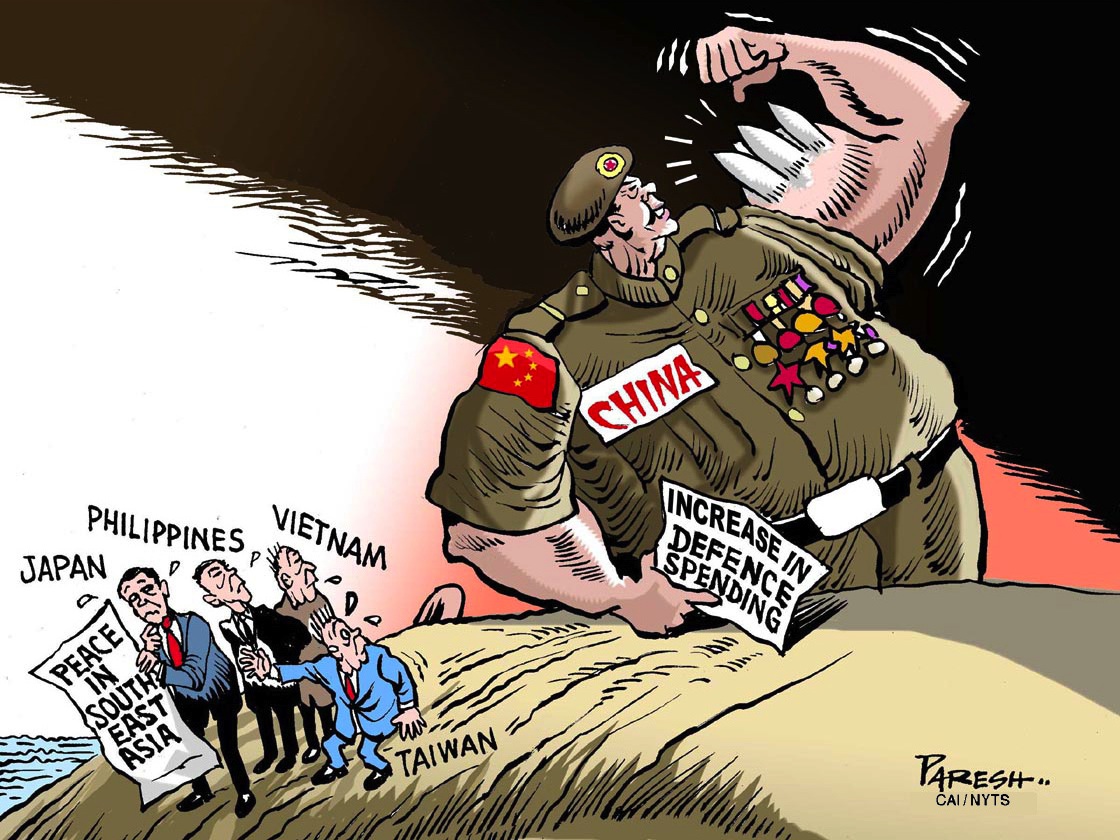"Japan should not be the weak link in the regional and global security framework where the U.S. plays a leading role. ... We must be a net contributor to the provision of the world's welfare and security." So proclaimed Prime Minister Shinzo Abe in September 2013, adding that "Japan will contribute to the peace and stability of the region and the world even more proactively than before."
The centerpiece of this aspiration, which is proceeding under Abe's "Proactive Contributor to Peace," has been Japan's maritime pivot to Southeast Asia. Indeed, Japan has gone deeper westward, into the Indian Ocean region, and even further afield into the Caribbean, for example. But nowhere else have Japan's maritime security capacity-building assistance programs been as extensive as they are in Southeast Asia. Some of the beneficiaries in the region are the Philippines and Vietnam which, like Japan in the East China Sea, have their share of problems with Beijing in the South China Sea. Tokyo has agreed to supply them with patrol vessels.
In an interview in October 2013, Abe said that Southeast Asian leaders expect Japan to demonstrate leadership not just on the economic front but also in the field of security in the Asia-Pacific. One could of course hold the contrarian view that except for Hanoi and Manila, which view Japan as a counterweight to China, Southeast Asian countries are not keen to incur Beijing's wrath by openly welcoming a proactive security role for Japan in the region.



